[ad_1]
Few crops are rising, leaves are falling, and temperatures are dropping. These fall circumstances create the wonderful surroundings for amending yard soil for a diffusion of advantages. Enhancements work whereas crops are dormant, creating fertile, porous mud for his or her roots to turn out to be ahead of spring.
In autumn, you presumably can combine in amendments with out worrying about harming plant roots. Chances are high you will apply thick layers of mulch with out shading seedlings. It’s too chilly for seedlings! It’s furthermore too chilly for lots of animals and bugs that thrive in summertime.
Amend your yard to create habitat areas for these creatures to outlive freezing temperatures. Fall leaves, compost, and grass clippings present useful area for creatures like snakes, ladybugs, and bees to cowl in. The quilt retains them protected from predators and heat irrespective of recurring frosts.
Irrespective of your motive for amending your soil all via autumn, you presumably can confidently accomplish that with out fearing in your yard’s correctly being. If any amendments don’t decay now, they may lastly as temperatures heat and snow thaws. There’s no harm in utilizing mulch everytime you’ve obtained it mendacity spherical!
Let’s uncover how fall soil amendments can income your yard.
All-Goal Vegetable Fertilizer
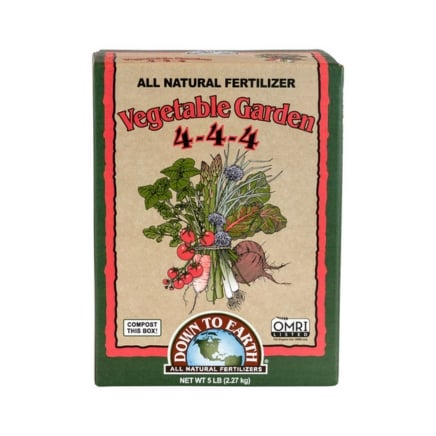

Our all-purpose vegetable fertilizer offers an amazing begin in your sprightly spring veggies, supercharges your summer season season season tomatoes, and is implausible for rising your favourite aromatic herbs.
Enhance Soil Effectivity


Amending your soil means along with pure matter, fertilizer, or pH modifiers to create further inhabitable circumstances for plant roots. Gives like compost add porosity to soils to allow them to empty freely and take in water readily. The air pockets protect onto the water all via droughts, and permit it to circulate into freely when there’s an extra.
As pure matter decays, it releases dietary nutritional vitamins into the underside the place shrubs and bushes can entry them. Soil microorganisms, worms, and beetle larvae eat particles and huge particles. They course of it, turning the waste into useful humus. Humus is the black, crumbly finish product of decay. Healthful yard soils have large parts of this provides!
Along with pure matter furthermore builds constructing underground. Twigs, leaves, and plant scraps create pathways for worms and creatures who create further pathways! They depart waste behind, and the waste helps regulate soil moisture. Pure enhancements will assist your yard develop further resilient to excessive native climate, pests, and diseases. It’s terribly useful in breaking apart clay or along with absorbency into excessively sandy areas.
Amendments Decay Slowly
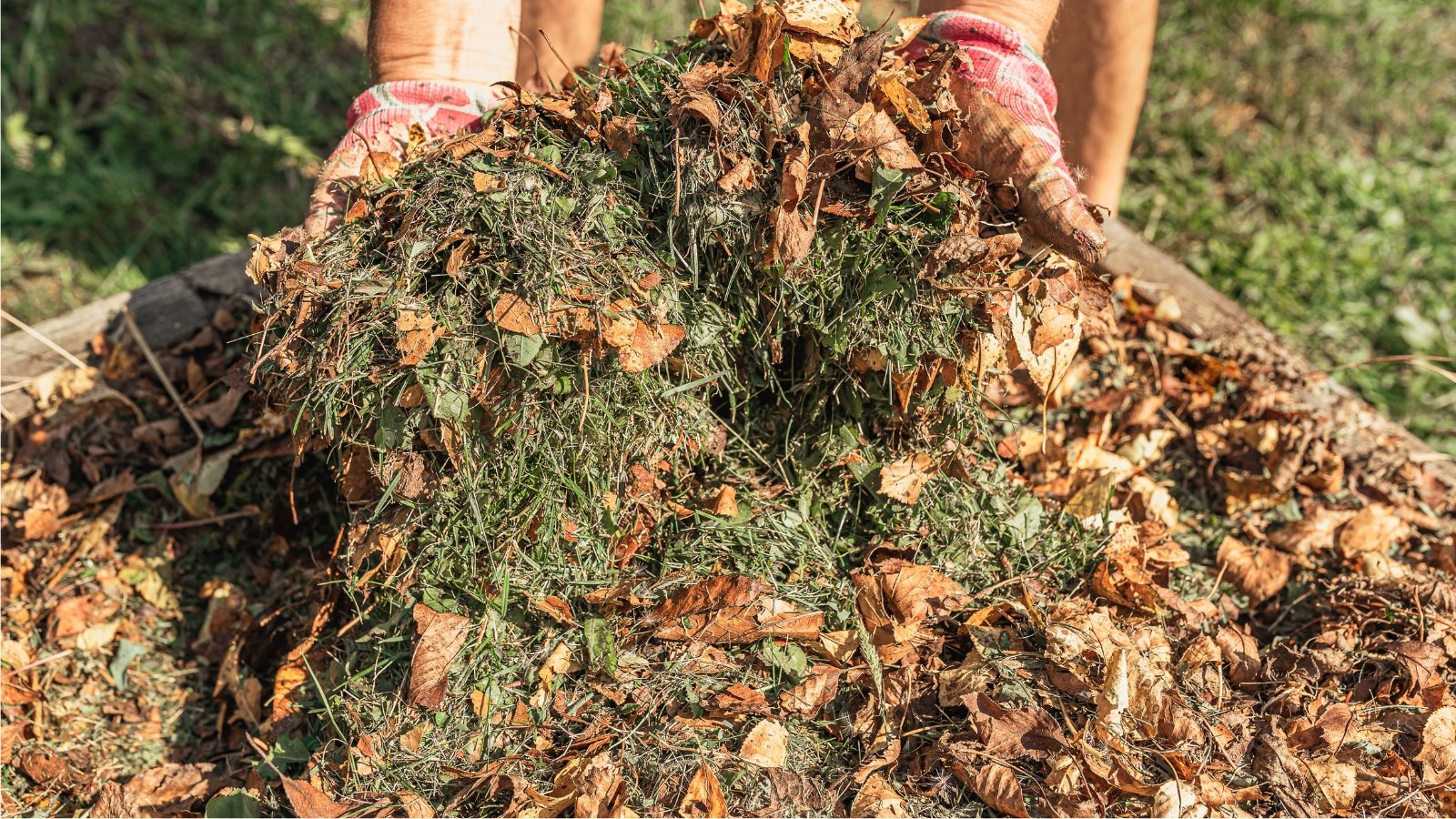

Low temperatures gradual progress for many species; fungi, micro organism, archaea, worms, and bug larvae work slowly when chilly and shortly when heat. The underside insulates these creatures and retains them alive, though they need to retreat decrease underground in some areas. Freezing ice threatens them inside the event that they keep it up the soil’s floor.
One income of those low temperatures is the mulch you lay down will persist all by the chilly seasons. Add straw or leaves to your soil in summer season season season, they usually’ll shortly decay into tiny particles! Add layers of the stuff all via the autumn and it’ll insulate the underside till late spring or summer season season season.
Slower decaying amendments point out there are persisting habitat areas for critters that want them. Pockets between leaves, tunnels left by worms, and webs of overwintering spiders create cozy properties out of plant scraps, grass clippings, and fall leaves. As heat spring arrives, the offers shortly decay, animals come out of hiding, and plant roots suck up the dietary nutritional vitamins they depart behind.
Prepared Soil in Spring
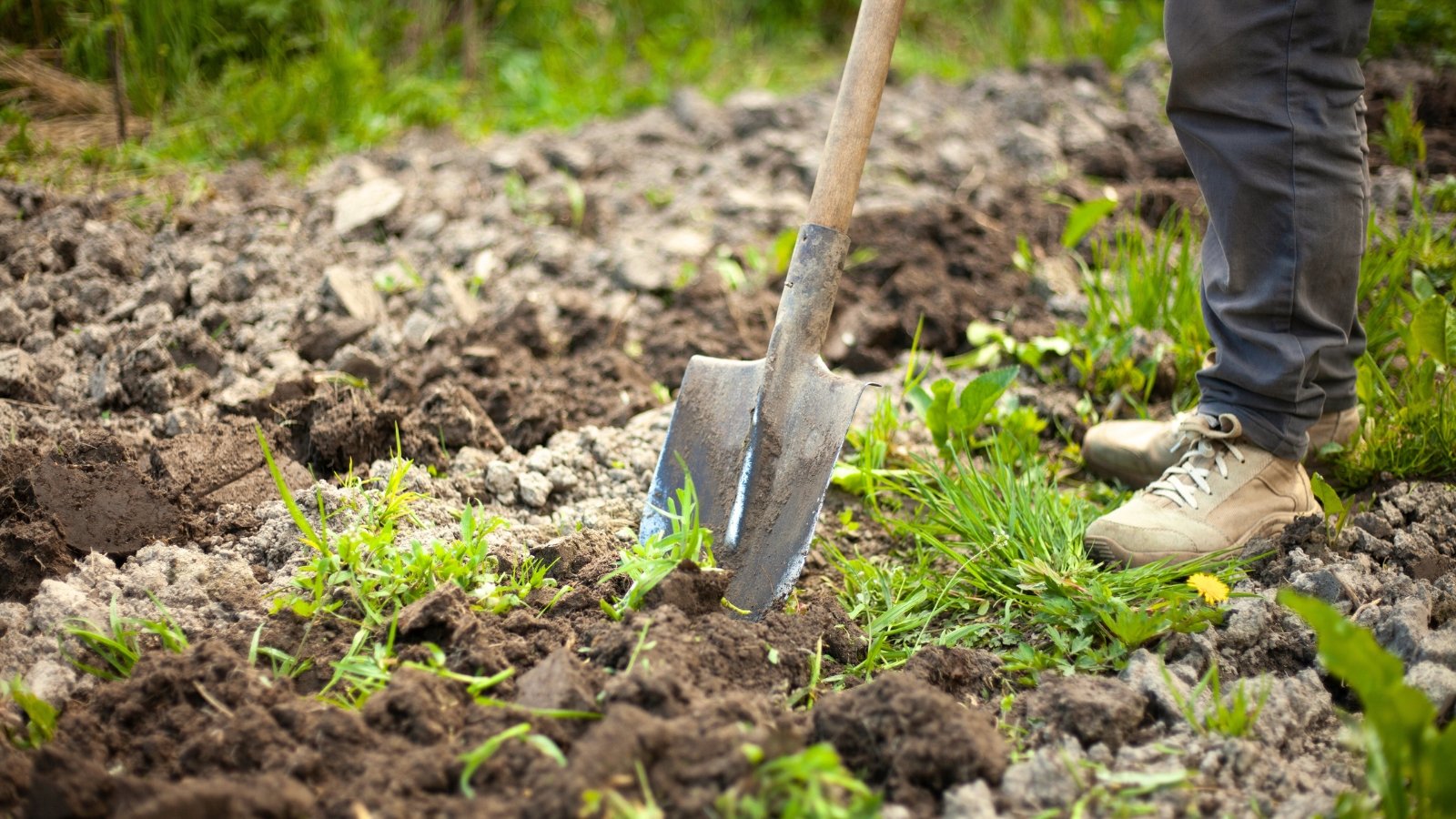

Add enhancements all via the autumn season and as well as you acquired’t have to return again once more spring! Your grounds might have the porosity, fertility, and constructing they want for any plant to outlive. Whether or not or not or not you’re rising annuals, perennials, or woody shrubs and bushes, they’ll income from pure matter to spice up their effectivity.
In spring, you deal with youthful seedlings and tender roots—it’s arduous to combine in factors like compost or worm castings. Most annuals die by late fall, and perennials enter dormancy. Chances are high you will safely mingle add-ons into the underside as deep as you’d like whereas the native climate is cool.
Dig amendments in 4 to 6 inches deep for greatest outcomes. Chances are it’s possible you’ll dig deeper for individuals who happen to deal with extreme clay or are beginning with the French Intensive gardening methodology. Use a layer one to some inches thick and incorporate it evenly all by the yard beds. It’ll bond with the native soil particles and create an wonderful combine for future seedlings.
Alter Soil pH Merely
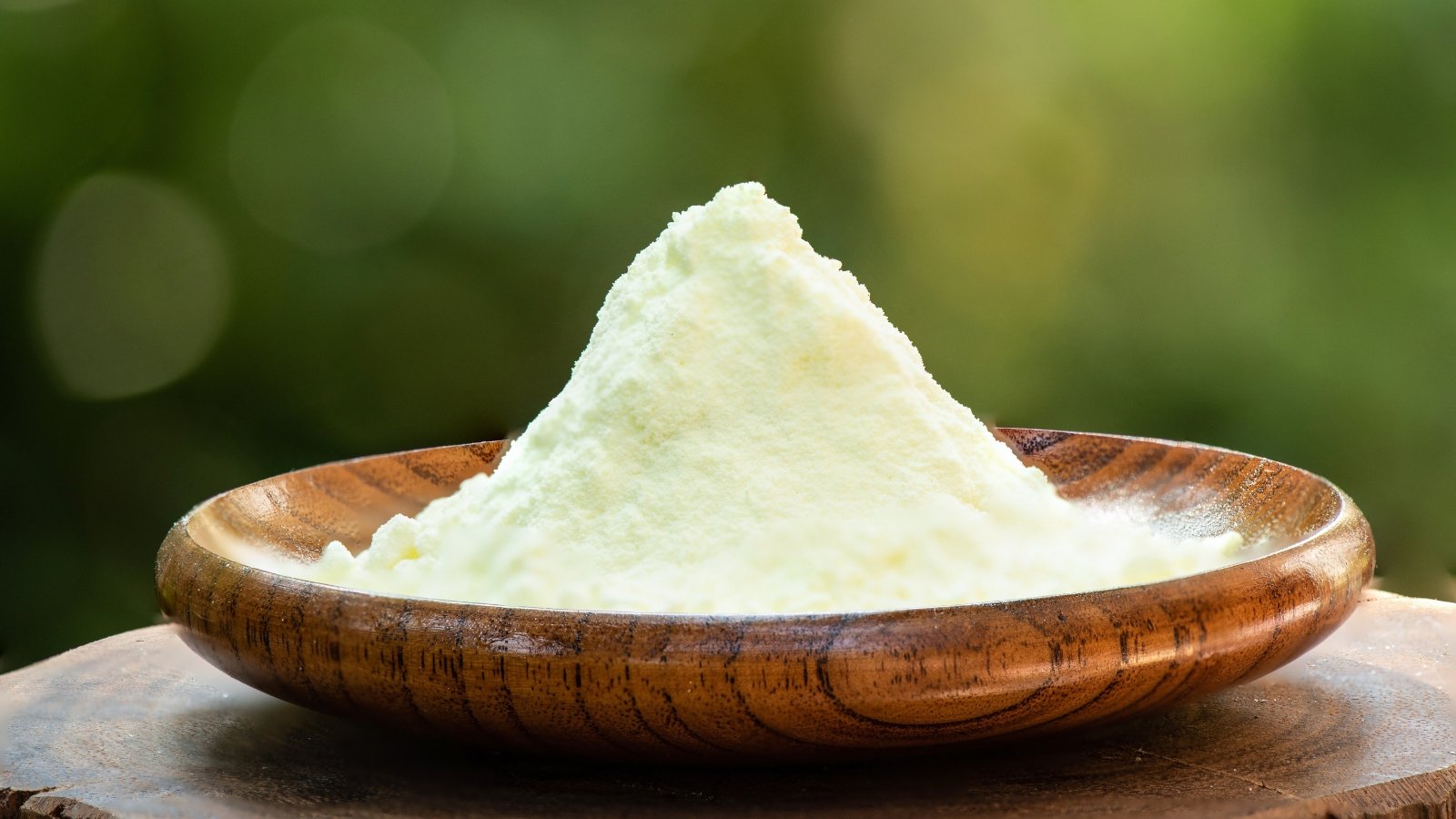

pH modifiers want time ahead of they begin adjusting the degrees. The extra evenly you incorporate them, the higher and faster they work. Apply these amendments all via fall to check your soil and produce the pH to your objective vary by spring. The slow-acting amendments have weeks to take impression whereas bulbs, shrubs, and bushes are dormant.
Use yard sulfur or lime to regulate soil pH. Sulfur lowers the pH and makes soils further acidic, whereas lime raises the pH and makes them further alkaline. Merely combine in these amendments all via autumn with out fear about harming plant roots. Dig them six inches deep, and modify to their packages’ directions to hunt out the right dosage.
Many acidic soil-loving shrubs like blueberries, rhododendrons, and hydrangeas admire a small dose of acidic fertilizer all via the cool seasons. Use a soil testing gear to first see your soil’s pH so that you just presumably can know whether or not or not or not it is advisable in order so as to add sulfur or lime. Most greens and fruiting crops admire a impartial pH stage close to 7.0.
Assist Native Animals


That is my favourite motive for along with amendments all via fall—they assist native wildlife! Present properties, dietary nutritional vitamins, and water for these creatures after they’ve dire needs. Worms, ladybugs, bees, and utterly completely different helpful bugs depend on floor cowl to survive excessive winters. With out it, they’re liable to the local weather.
Overturn leaves all via winter and as well as you’re positive to hunt out some critter hiding beneath. Wild animals crave the heat the quilt offers, and it hides them from hungry predators. Fireflies are one endangered species that want winter floor cowl to outlive. Place some leaves or straw in your beds and they’ll shortly change in.
Completely completely different further delicate creatures, like snakes, furthermore depend on soil amendments to outlive. Helpful garter snakes burrow underground as frost creeps in—add floor cowl, they usually’ll have further insulation above them. This retains them nearer to the soil floor the place they’re going to emerge to eat yard pests in spring.
Enhance Evergreen Crops’ Progress
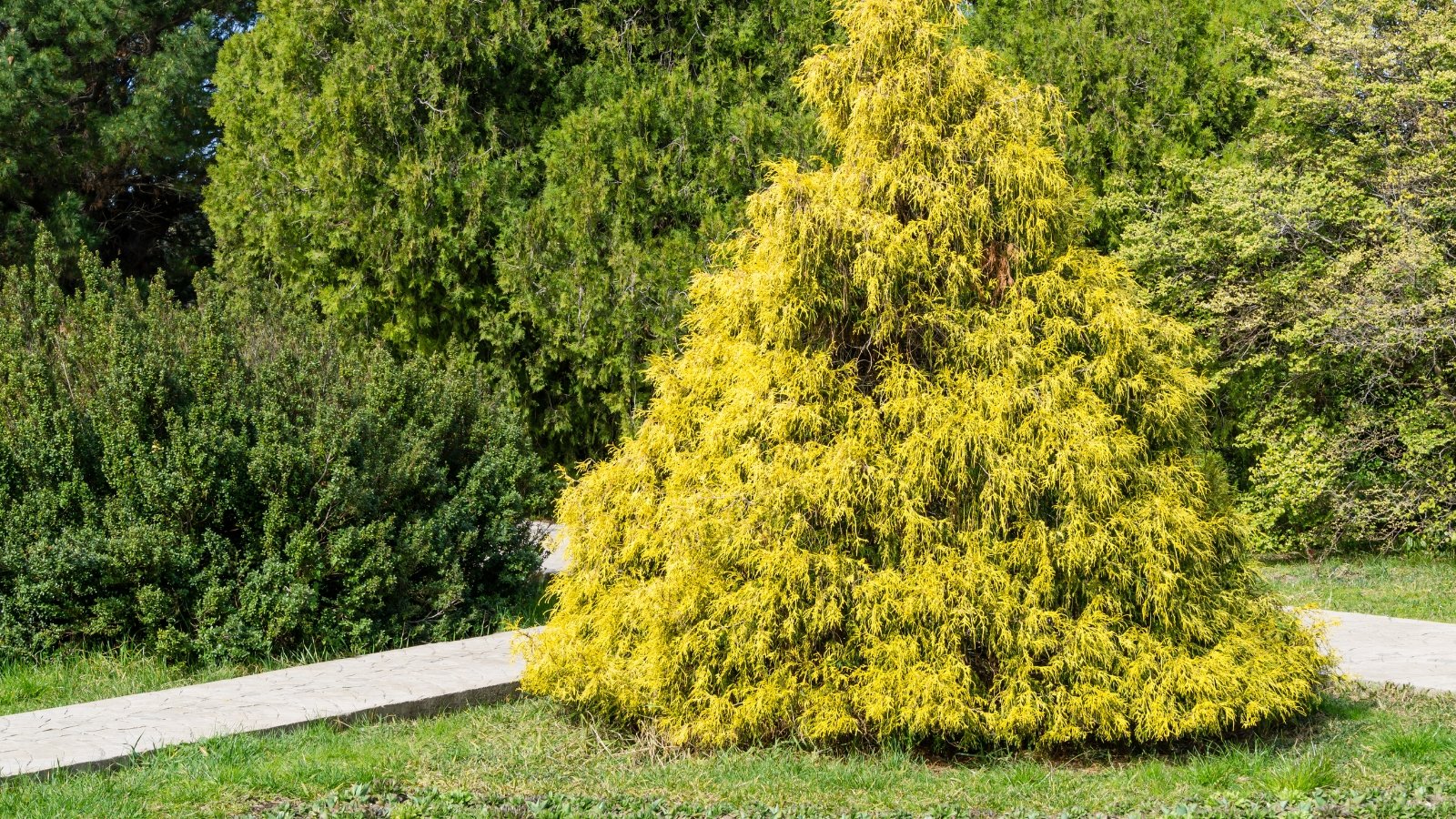

Evergreen bushes generally get neglected for care and upkeep due to they’re inexperienced and all the time rising! They want meals plan, water, and air like utterly completely different species, and autumn is an ideal time to feed them. Beautify their root zone with leaf mildew, compost, or an equal carbon-rich modification.
Woody bushes and shrubs like laurels and boxwood use large parts of carbon to create sturdy cells. Add carbon-rich soil amendments to their root zone and as well as you’ll enhance their progress the next season whereas insulating their roots. Heat roots are helpful; they assist the plant resume rising as days lengthen.
These are some utterly completely different evergreen species that admire fall soil amendments:
| Widespread Set up | Genus |
| False Cypress | Chamaecyparis |
| Japanese Cedar | Cryptomeria japonica |
| Douglas Fir | Pseudotsuga |
| Juniper | Juniperus |
| Arborvitae, Cedar | Thuja |
| Coast Redwood | Sequoia |
| Large Sequoia | Sequoiadendron |
Help Fungi, Micro organism, and Archaea
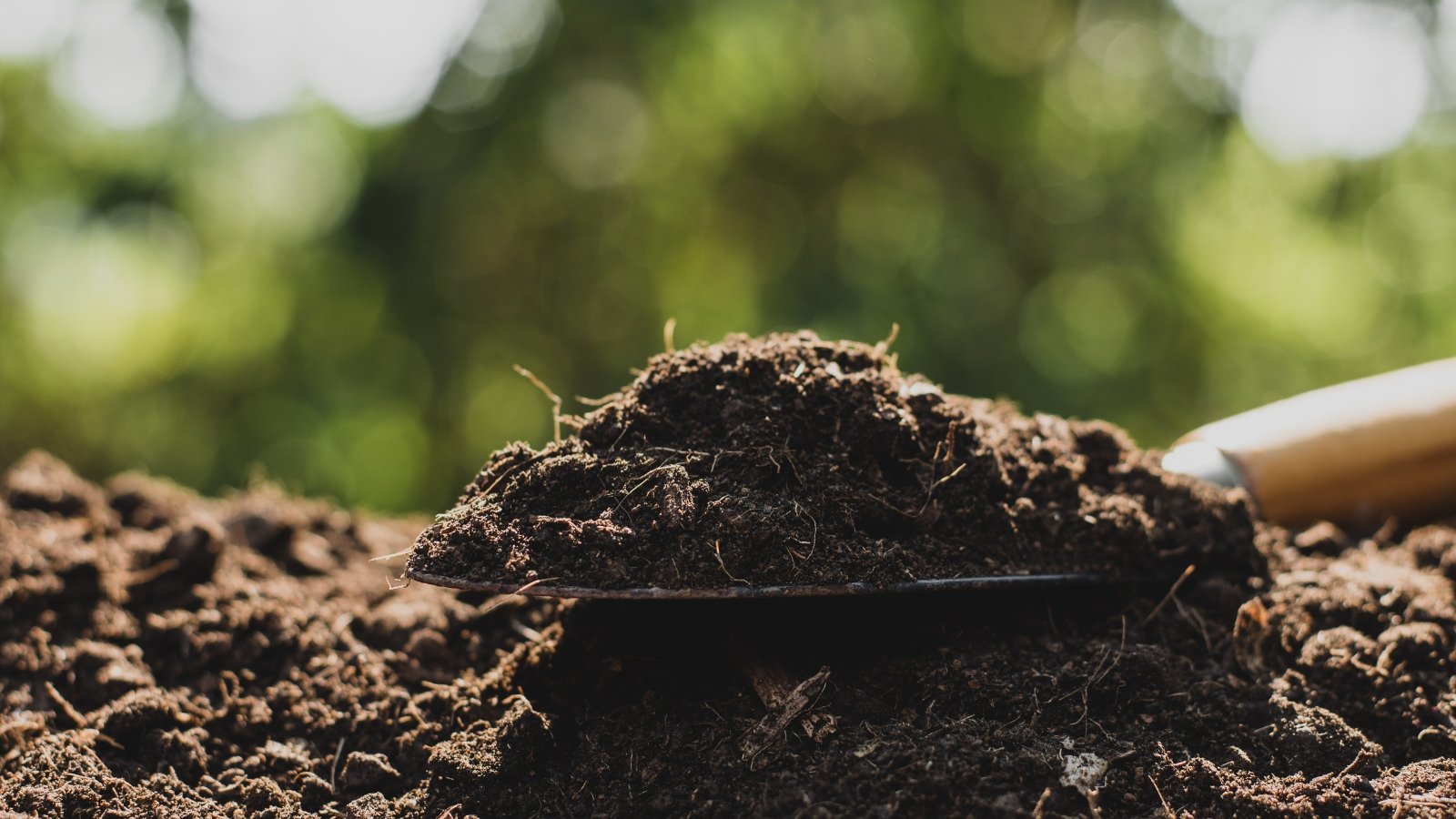

Three most important organisms assist add constructing, fertility, and pure matter to present soils. Micro organism, fungi, and archaea work in conjunction, creating bigger soils as they thrive. They every work in a single different methodology and income optimistic plant species increased than others. Select which of them develop by controlling the amendments you make the most of all via the cool seasons.
Fungi thrive in carbon-rich soils the place woody pure matter decays. Furthermore they, coincidentally, assist woody bushes and shrubs develop. Recycle dietary nutritional vitamins by inserting twigs and branches on the underside and letting them decay. Fungi will unfold mycelia into the picket, break it down, and feed surrounding crops with the dietary nutritional vitamins.
Micro organism assist fleshy crops further so than woody ones. They’re helpful for greens, fleshy perennials, and tender annuals. Micro organism thrive in nitrogen-rich amendments like compost, manure, or humus from fleshy plant scraps. Archaea assist woody and tender crops. They’re current in rotting pure matter the place fungi and micro organism are.
Finest Amendments to Add contained in the Fall
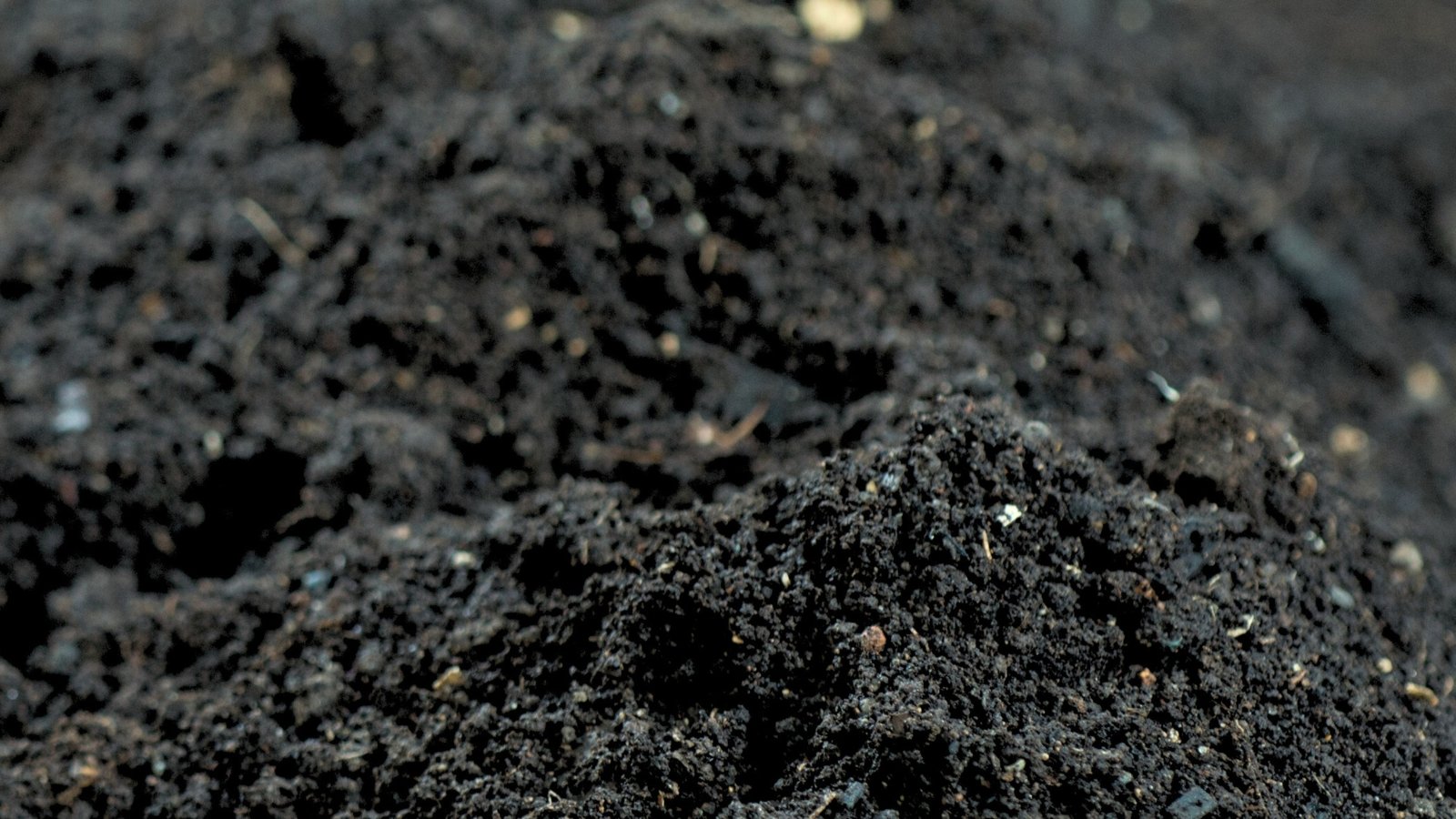

Now that you just simply already know the advantages of amending soils all via the autumn, which amendments do you need to use? These are seven soil enhancements for reinforcing your yard’s effectivity these cool months.
Fall Leaves
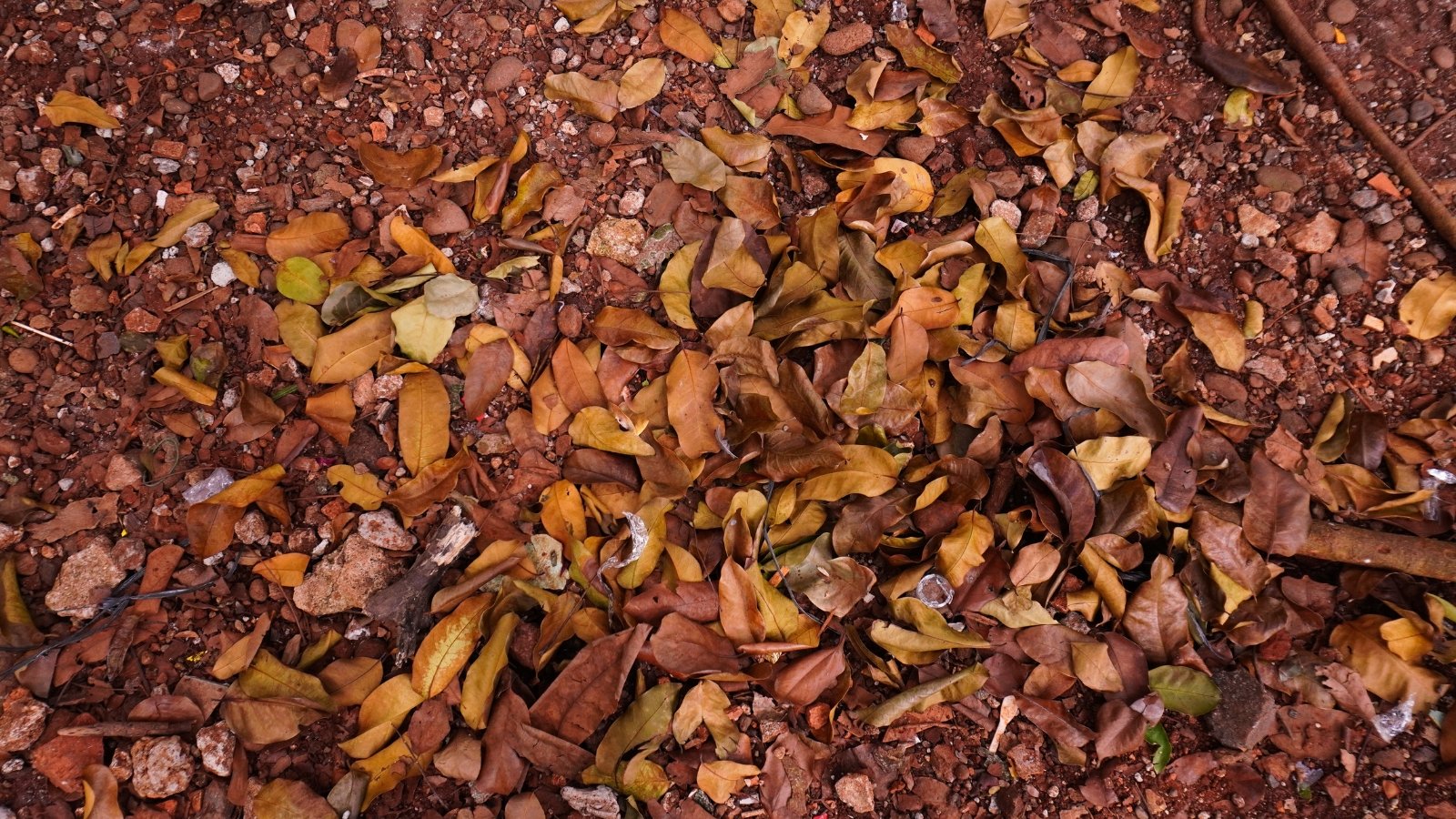

Fall leaves are in ample current all via autumn and are great amendments so as in order so as to add to your yard! They’re wonderful for serving to wildlife survive the winter, as they mimic forest flooring covers the place leaves fall and maintain. Steer clear of eradicating them as shortly as they fall, or rake them up and place them in your yard beds to unleash their helpful properties.
Fall leaves assist crops by releasing carbon and small parts of nitrogen whereas they decay. Furthermore they help fungi and mycorrhizae that develop root-like tendrils generally known as mycelia between their folds. Give help to crops, animals, and microorganisms this season by leaving leaves in your yard.
Leaf Mildew
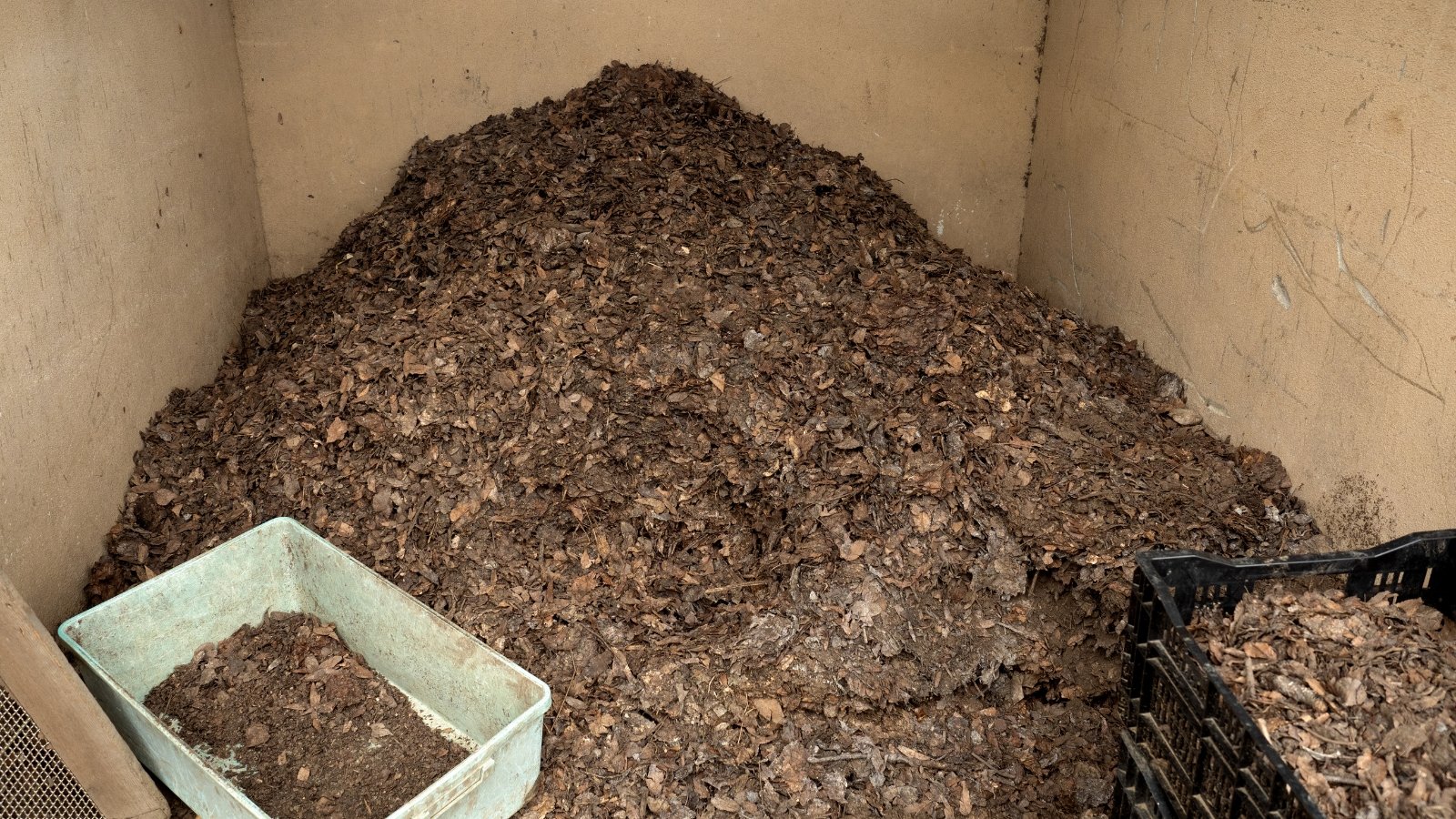

Leaf mildew is very like fall leaves. As an alternative of ready for them to decay, you velocity up the technique to make a fast and nutritious soil modification. Place fall leaves in a pile, flip them recurrently with a pitchfork, and protect them moist. In just a few months, the leaves will crumble correct proper right into a black, wealthy, and fertile provides. Leaf mildew is wealthy in carbon and best for woody perennials, bushes, and shrubs.
Compost
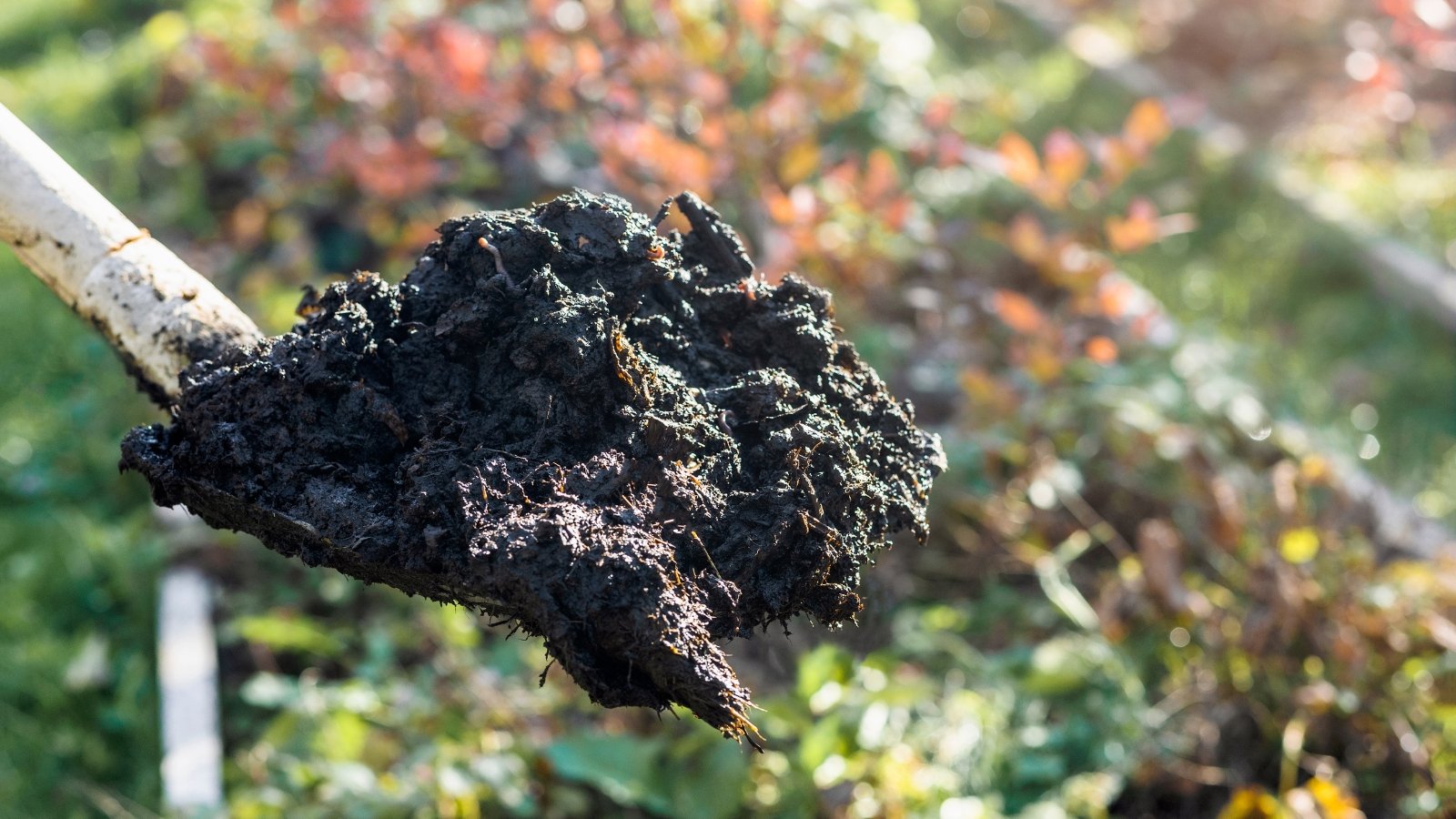

Compost could be very like leaf mildew however makes use of assorted offers except for leaves. It’s a mixture of “brown” and “inexperienced” offers. Browns have further carbon than nitrogen, and greens have the selection ratio. Add greens to browns in a ratio of 1:2 or 1:3, making a pile. Flip the pile recurrently, protect it with 50% moisture, and watch on account of it turns into black, fertile soil.
Biochar
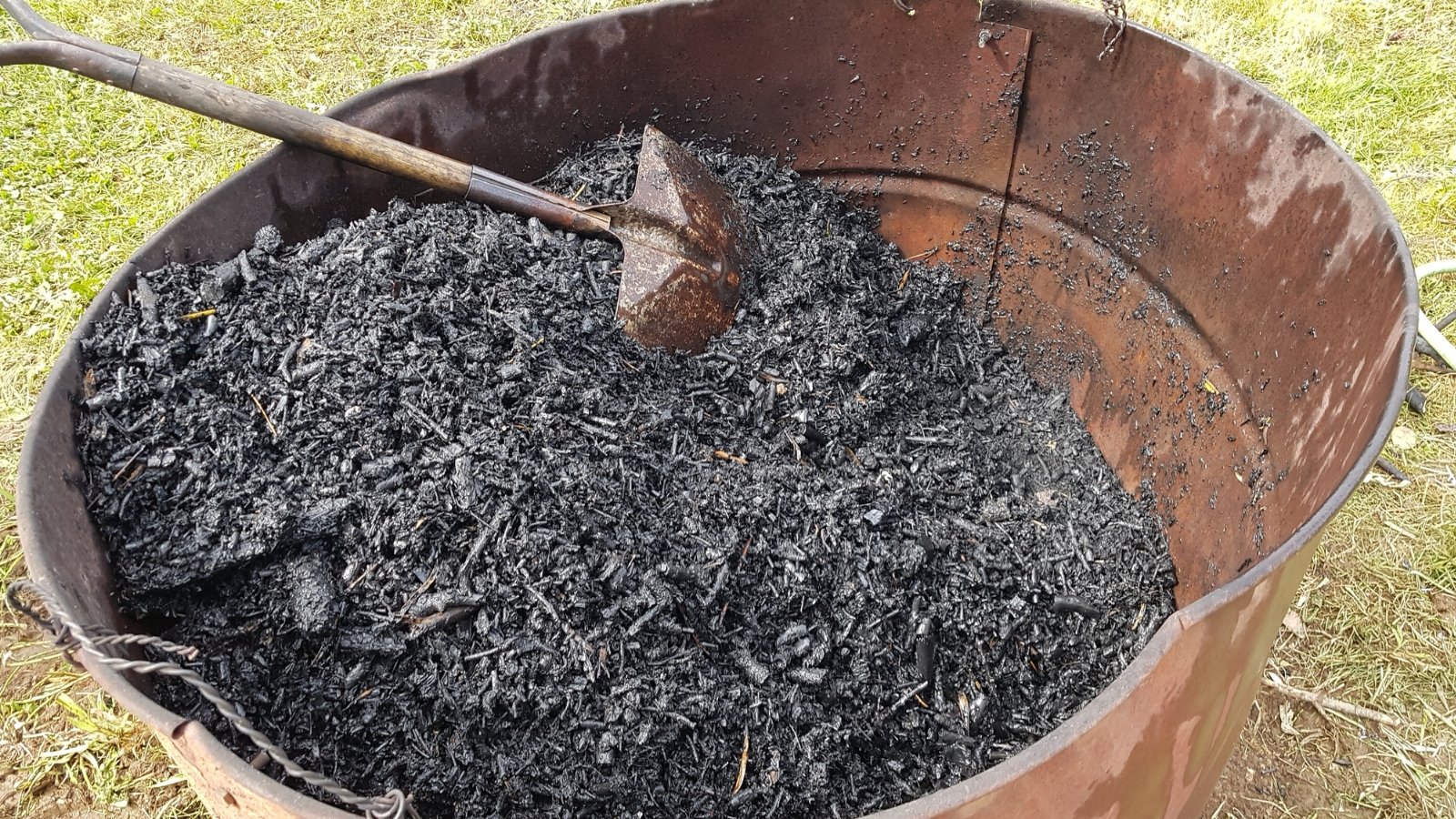

Gardeners are studying the wonderful qualities of biochar! It’s picket that you just simply warmth so it smolders with out burning. The next charcoal is true for soils—it has air pockets that protect air, dietary nutritional vitamins, and soil. The biochar offers dietary nutritional vitamins on account of it decays, creating an wonderful net web page for fungi or woody crops. Break it into small objects and incorporate all of it by your beds, or dig in large chunks close to woody bushes and shrubs.
Straw
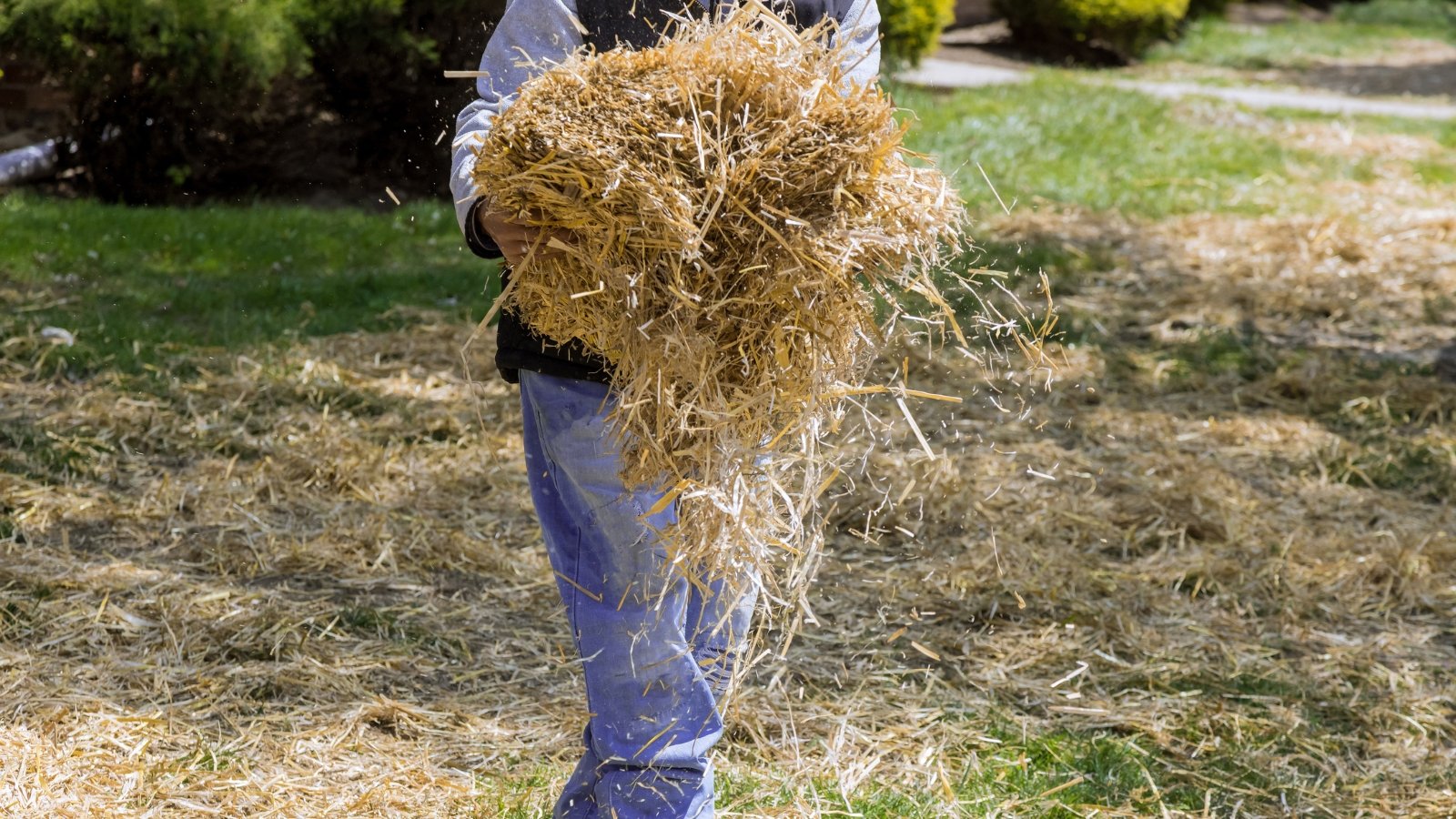

Straw, like fall leaves, offers helpful carbon whereas furthermore serving to the soil constructing. It’s from grass stalks which may very well be dry and brown. Farmers use straw for animal bedding, though it’s furthermore an excellent soil enchancment so as in order so as to add all via the autumn. Place straw in one to three-inch thick layers on extreme of your yard beds, or scatter all of it by the yard alongside leaves, grass clippings, and biochar.
Worm Castings
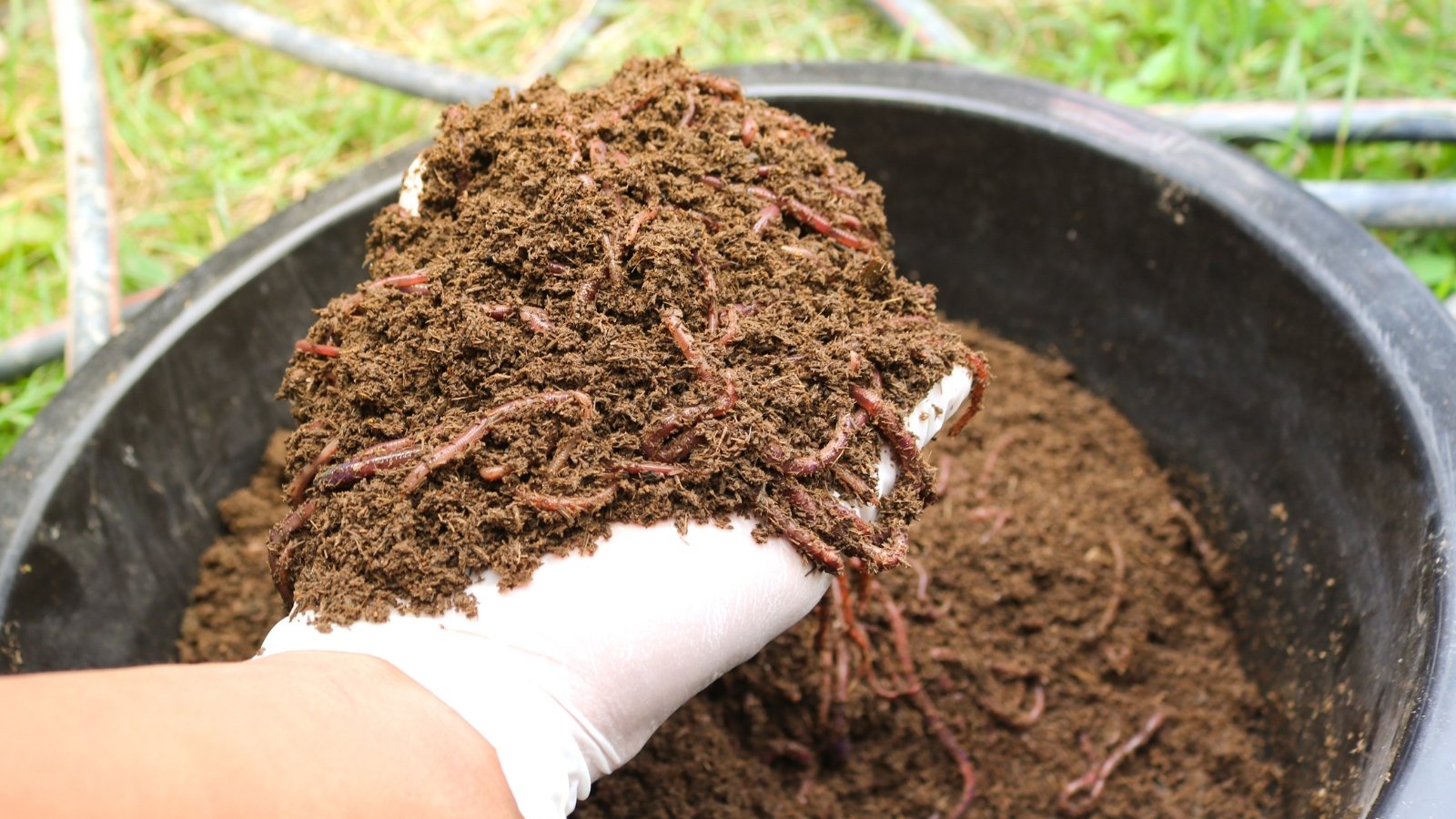

Worm castings are little particles of black gold! They’re full of meals plan irrespective of their ugly present—castings are worm poop particles! Concern not, as they’re terribly helpful for crops. Worm castings enhance water retention, drainage, nutrient availability, they usually scale back pest and illness occurrences.
pH Adjustors
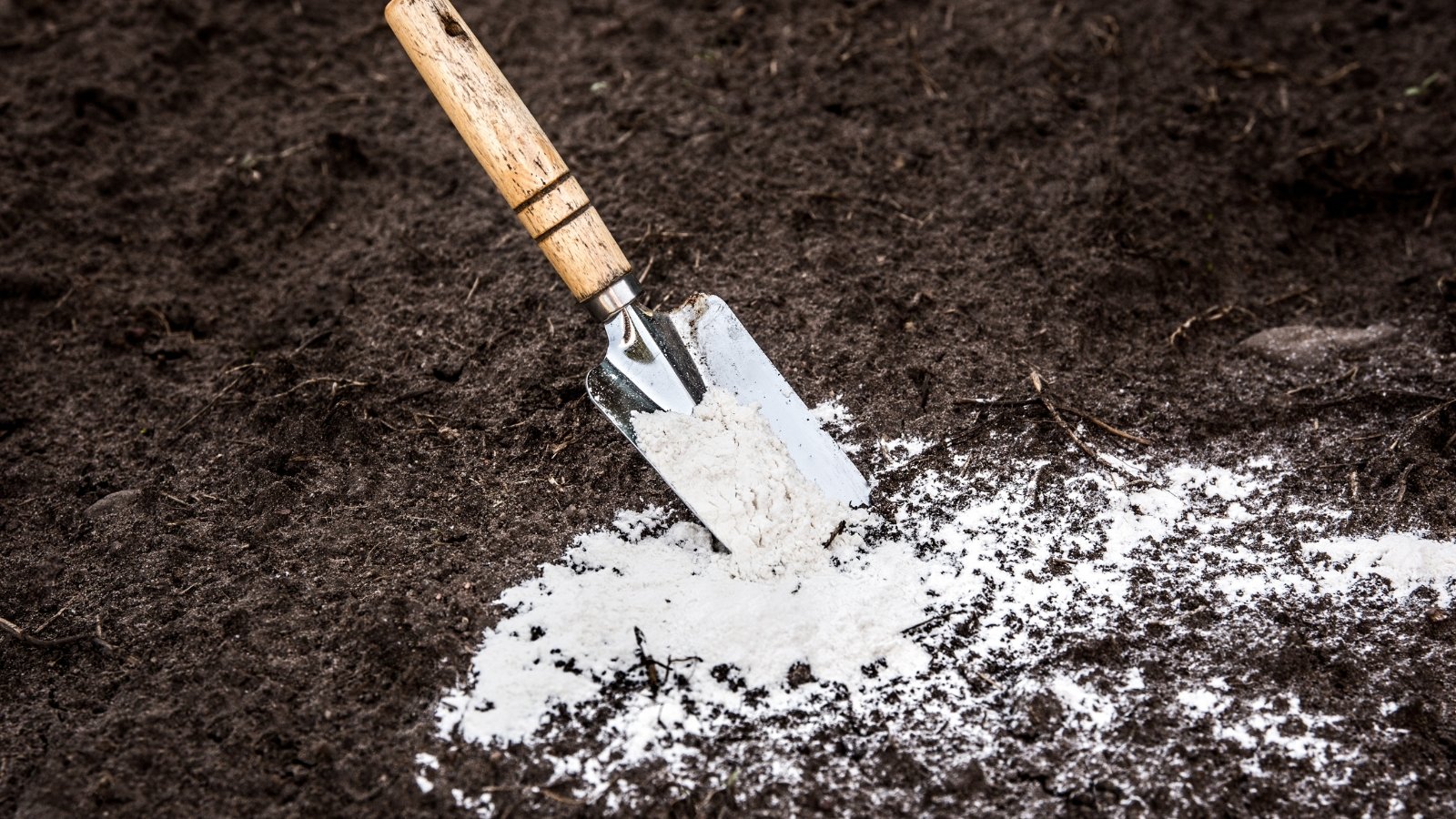

pH adjustors like yard lime or sulfur are wonderful amendments for along with in autumn. They work to enhance or decrease soil pH in order that it’s contained in the vary you’d like. Most crops want a impartial or barely alkaline pH, though some species, like blueberries and azaleas, love acidic soils.
Often Requested Questions
Collect your offers, unfold them on the mud, and in case you are working with naked soil, dig them into the underside 4 to 6 inches deep. For planted areas, you presumably can work them into the primary few inches of the soil. After mixing them in, add a one to three-inch layer on extreme. Chances are it’s possible you’ll fluctuate this technique relying on how large your area is and the best way during which fairly a bit mulch it’s best to have.
It’s greatest so as in order so as to add slow-decaying mulches and amendments all via fall so that they’ve time to decay and work their magic. Use fast working enhancements like pure fertilizer contained in the spring so your crops can entry the dietary nutritional vitamins ahead of they leach out of the soil.
Sure, you presumably can amend the soil with espresso grounds! They supply little dietary nutritional vitamins, though they promote bigger water retention, drainage, and constructing. Scatter them concerning the bottom of your crops, or combine them into your compost pile.
[ad_2]
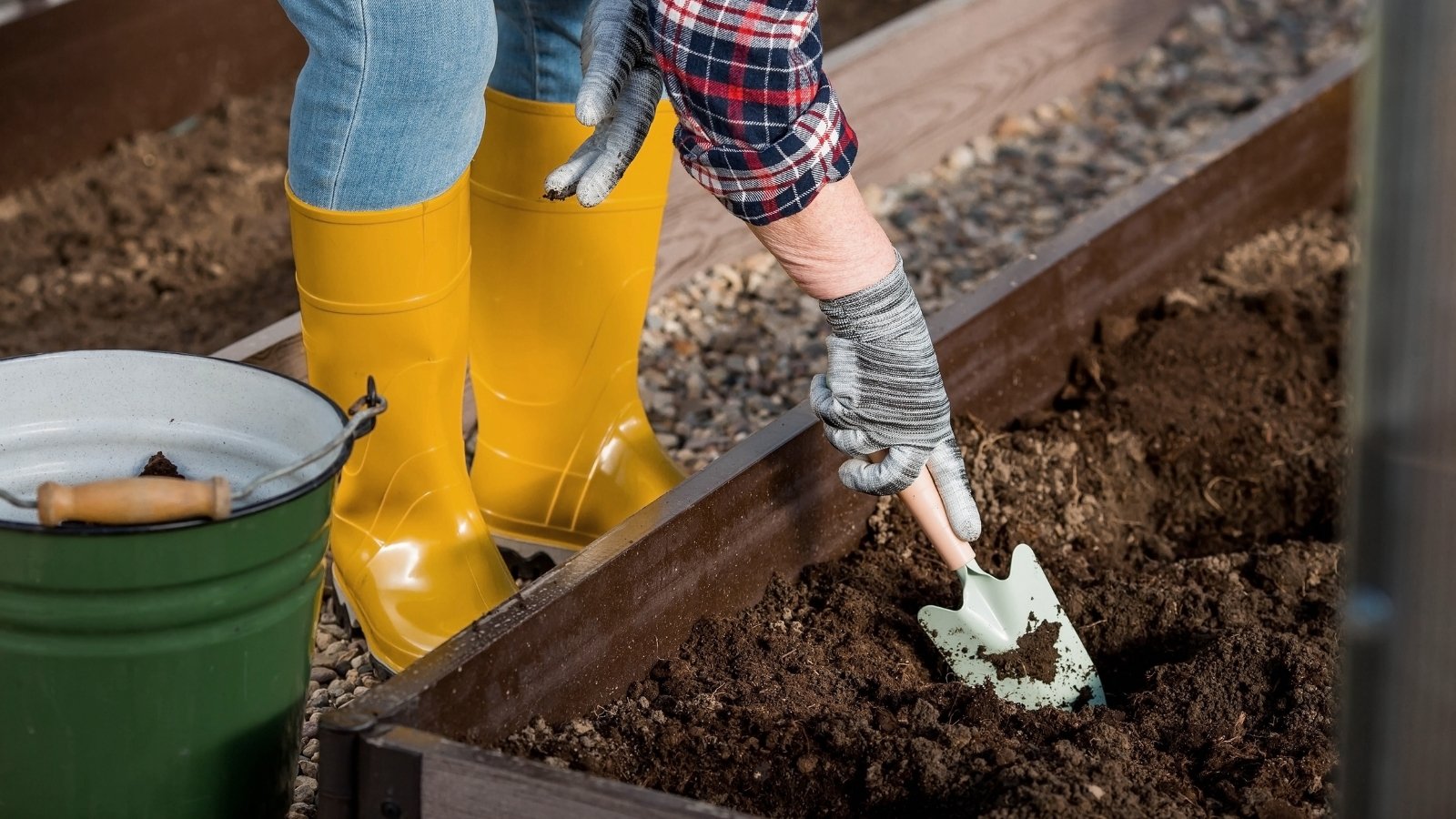
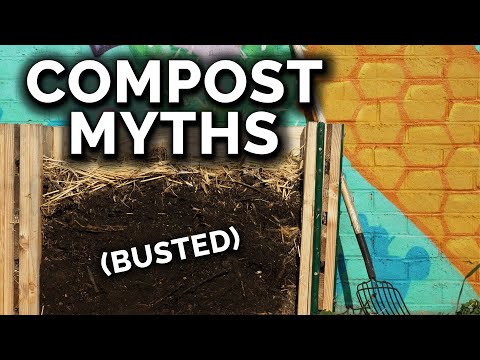
I found the information on using organic matter and compost particularly useful. It’s good to know that these practices can help not just plants but also local wildlife. The tips for specific crops and their needs were insightful as well.
The article provides an interesting perspective on fall soil amendments. It highlights the benefits of working with the seasons and emphasizes the importance of preparing for spring. I appreciate the detailed explanations of how various amendments impact soil health.
It’s refreshing to read about sustainable gardening practices that take advantage of seasonal changes. The concept of using mulch and organic materials to foster a better environment for both plants and animals resonates well with my gardening philosophy.
The discussion around pH modifiers and their timing is quite helpful for anyone looking to improve their garden’s performance. I was not aware that adding sulfur or lime during fall could lead to better results in spring. This is worth trying out.
I appreciate how this article breaks down the benefits of different soil amendments in autumn. The emphasis on helping native wildlife while improving soil quality is a great reminder of our interconnected ecosystems. Overall, it’s a practical guide for gardeners.